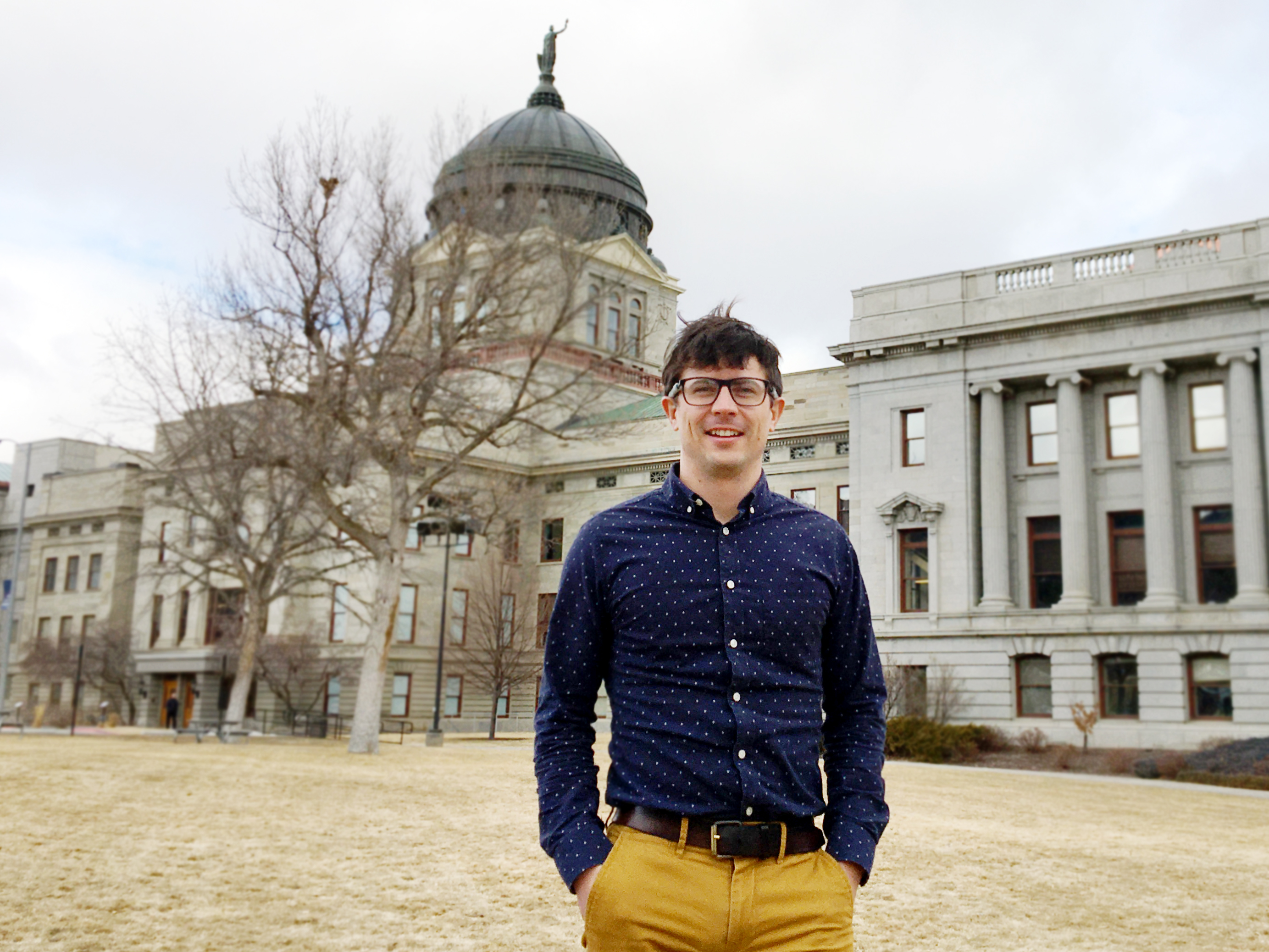Graduate Assistantships
Graduate Research Assistantships
The Initiative provides funding for annual, renewable research assistantships for graduate students admitted into the Masters of Science in Applied Economics program in the Colleges of Agriculture and of Letters and Sciences.
Graduate Research Grants
The Initiative awards supplemental thesis research grants to Department of Agricultural Economics and Economics Applied Economics graduate students conducting research projects that align with the Initiative's mission.
Expanding Headers
Graduate Research Travel Awards
Graduate Research Travel Awards are available for projects relevant to the Initiative's mission. Travel awards will be awarded on an ongoing basis. Funding is limited to support travel to attend a high-quality regional or national academic conference at which the student presents the results of the research project. Awards will not exceed $2,000 and matching funds may be required.
It is expected that faculty awarded research grants and fellowships by the initiative will include travel for graduate students in their grant budget rather than applying for funds via this program.
Expanding Headers
Graduate Spotlight

Nicholas Holom, Economist, Montana Department of Labor & Industry
M.A. Applied Economics, 2019: "Effects of Medicade Expansion on Child Maltreatment" under the direction of Wendy Stock, DAEE
Q. Where did you grow up?
A. Glasgow, MT
Q. What drew you to choose MSU for your undergraduate/graduate studies?
A. The Mountains! And my older sister, Karrie, who attended MSU and was cool enough to let me visit her. I think what made me choose MSU's grad program was that in my last semester of undergrad, Dr. Urban suggested that I apply. I waited a few years, but I think having a professor see potential in me is what led me to come back and apply to MSU's grad program.
Q. What was your research focus as a graduate student?
A. My research focused on the relationship between Medicaid expansion and child maltreatment.
Q. How has your past research opportunities at MSU helped you in your career or even during the application process of landing your job?
A. Working as a research assistant helped me develop the data skills I needed and gave me valuable experience that I could talk about in my job interviews. My assistantships helped me to become a better researcher and led to an opportunity to present a project at a national conference. The skills I learned are directly applicable to my current position at the Montana Department of Labor and Industry.
Q. When did you first realize your interest for economics?
A. I had a high school economics teacher that invited me to be on his team of students for the Federal Reserve’s Econ Challenge in Helena. Our team was named “The Free Marketeers”. Having that experience sparked my interest in taking economics courses when in my first year at MSU.
Q. What did you enjoy most about your research? What were some of the more influential aspects? What professor had the biggest impact?
A. I enjoyed coming up with interesting questions that may not have been asked before and working with data to try and find an answer. I really enjoy the process of conducting research, and the ideas you get exposed to as you read the literature on a topic. I’d have to say Dr. Stock, my thesis advisor, had a big impact on me and was always helpful and supportive. All of the economics faculty were wonderful.
Q. When people think of research, many visualize lab coats and Petri dishes. How would you describe applied economics research and its relevance to society?
A. Economic research is much more messy, and that’s what makes it so interesting. When you conduct research outside of a lab you have to find natural experiments and sources of random variation to try to identify causal relationships. Part of the fun of applied economics research is getting to think creatively about these sources of variation and to ask questions on topics that affect people’s lives in a deep way. I think economic research can provide answers to important questions and help us design a better world.
Q. Congrats on your new position as an economist at Montana Department of Labor & Industry. What do you like most about your job so far? Why is this work meaningful to you? What drives you to do what you do each day?
A. I like that I’m able to put my data and economic analysis skills to use to serve the public. It’s meaningful work because the research that we conduct is used directly by policymakers and business leaders to make decisions. When you think about the real world effects that these decisions can have on people's lives, and that the quality of these decisions depends on the quality of the information we provide as an input--I think that makes my work meaningful.
Q. What advice would you give to a prospective student looking to focus on research in applied economics?
A. Talk to professors and learn about their research. It may help you develop your own research questions and figure out what you’re interested in researching.
Q. At this point in your life and career, what is the most important advice you can give to someone who hopes to succeed in a field of economics?
A. My advice would be to read and reread your Wooldridge Introduction to Econometrics book and to go to bed early.
